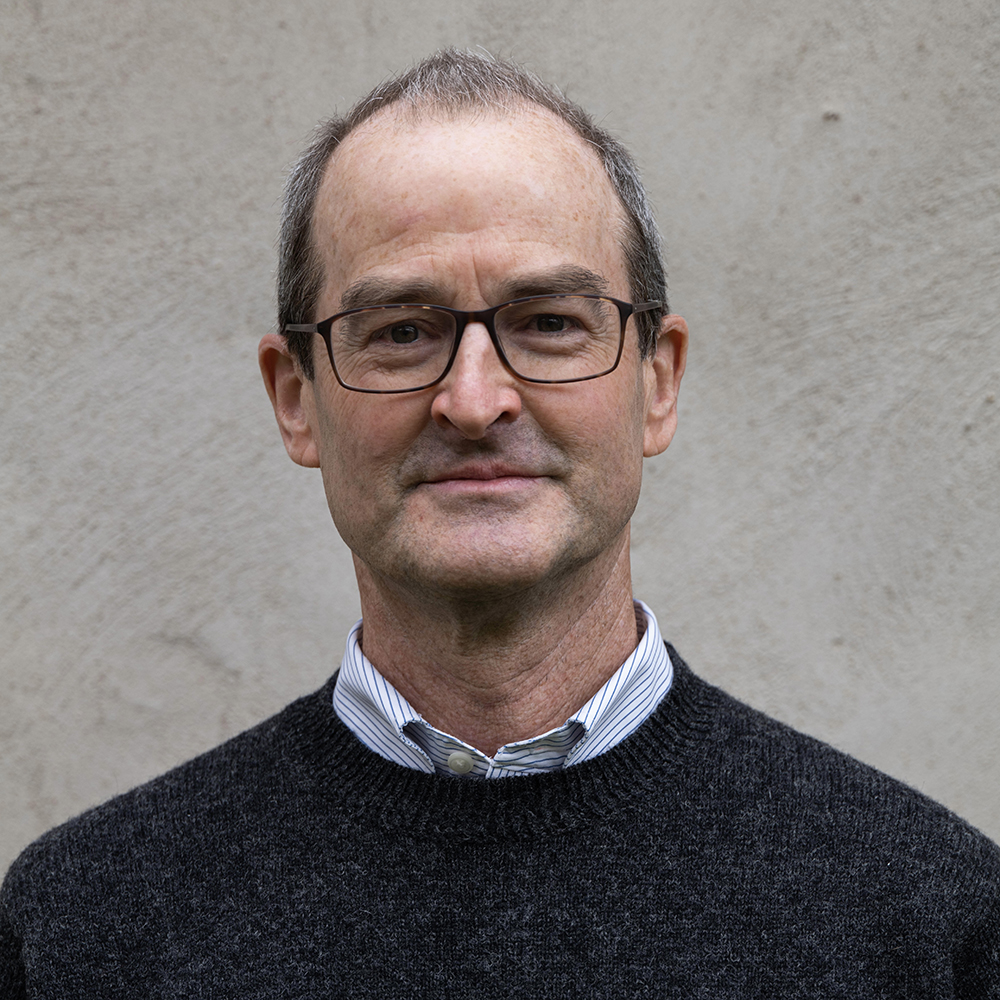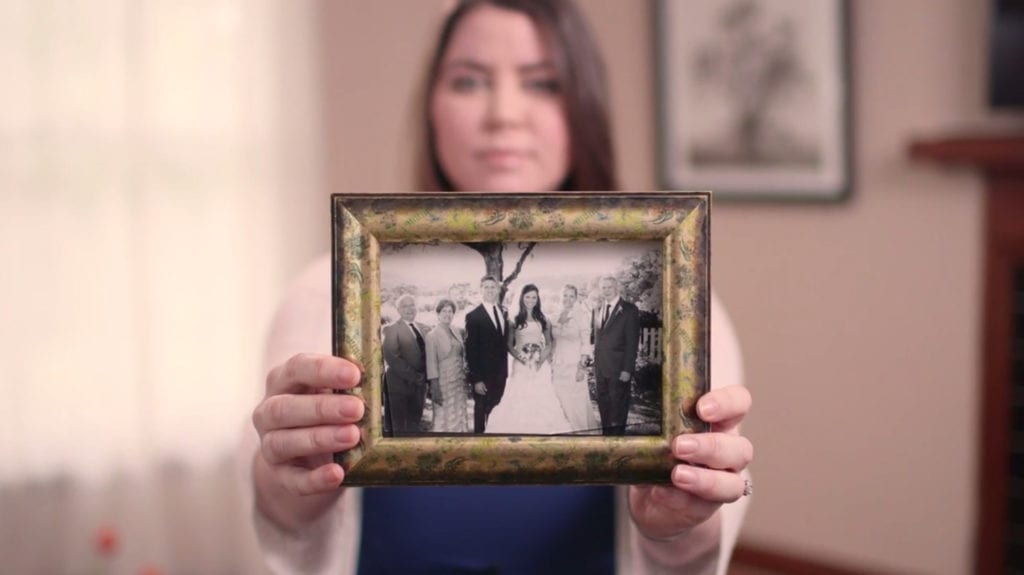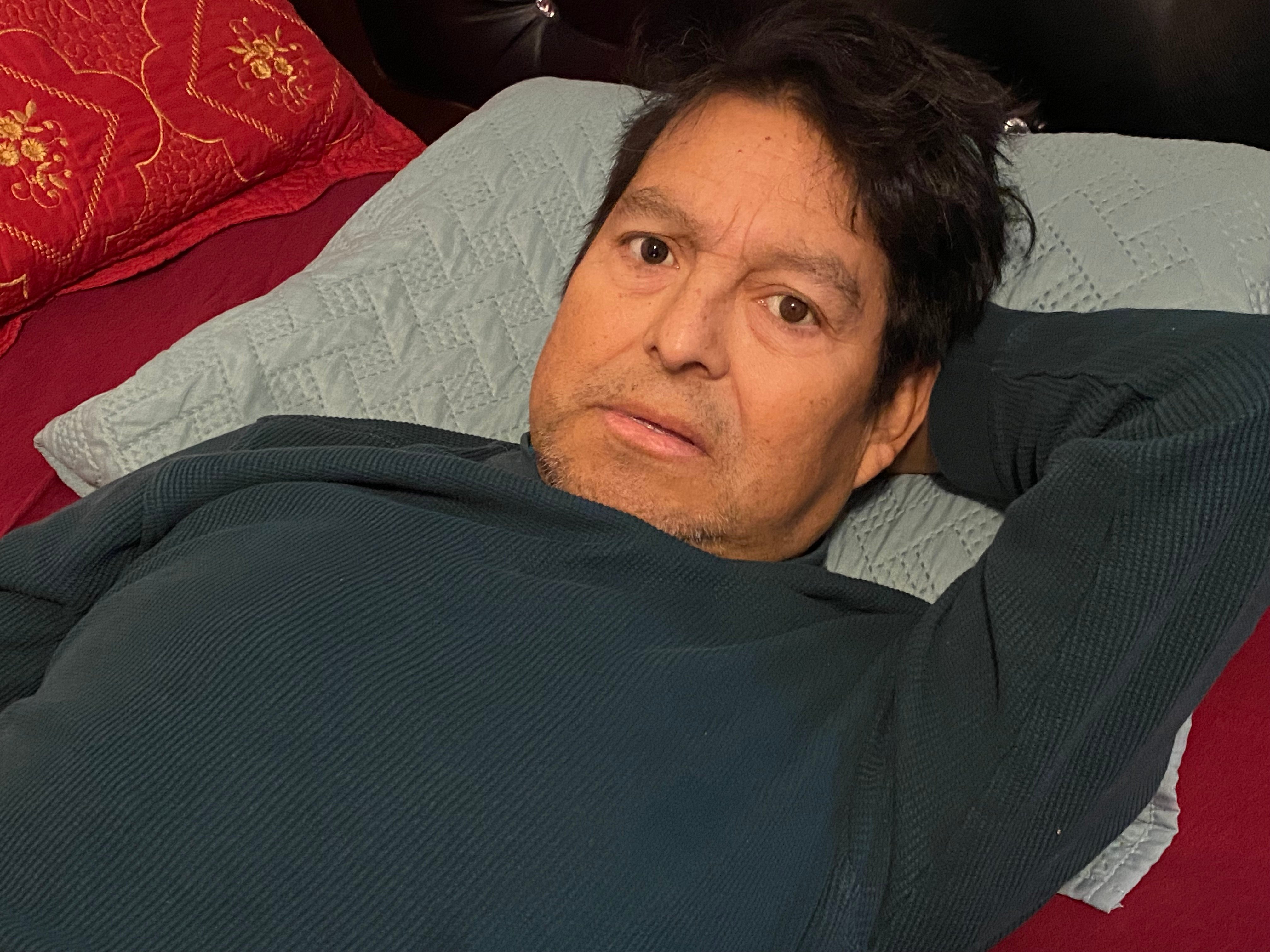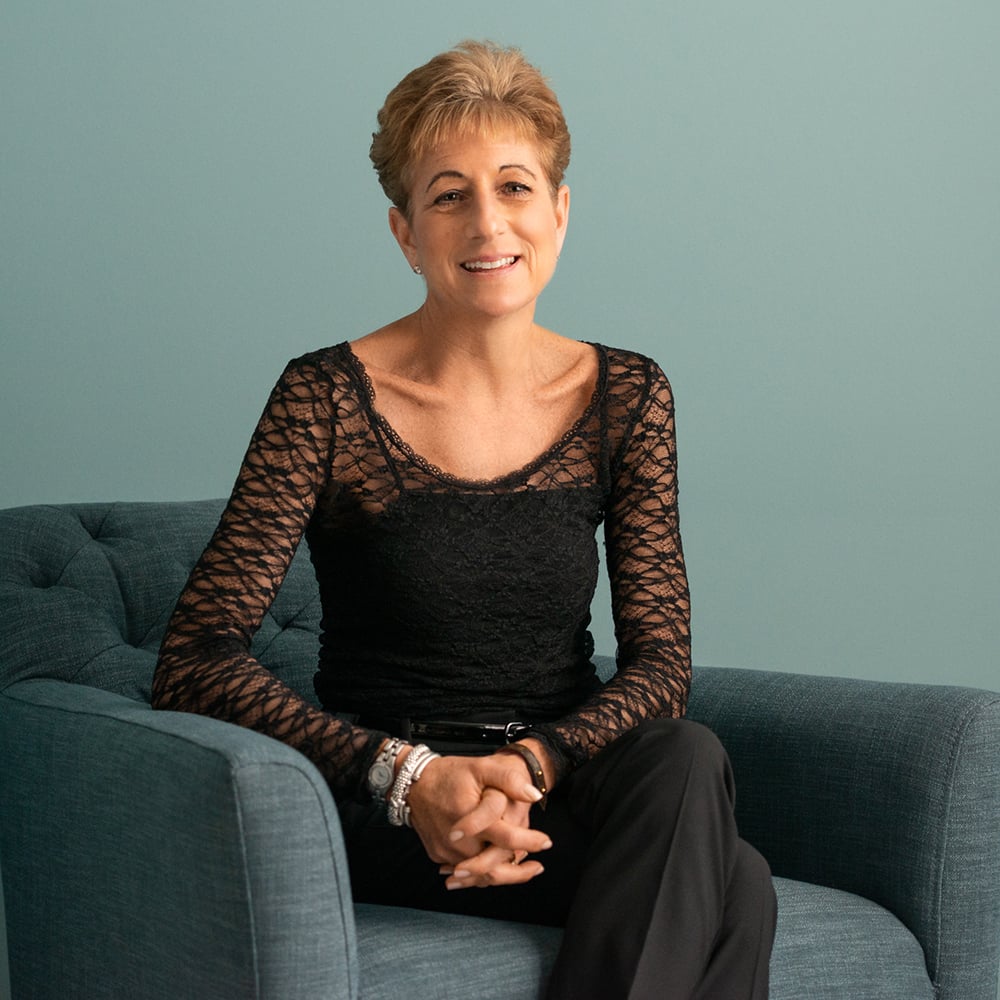David White shared his story in December of 2022.
Few words do justice to a parent’s request to “please just let me die.”
Over the span of 30 years, my mother, Lyn, and I had numerous conversations about her goals and intentions for the end of life. In the 1970s, she attended workshops led by Elisabeth Kübler-Ross and among other things learned about the option of voluntarily stopping eating and drinking (VSED). Lyn made note of it and shared the information with several friends who were near death, in distress and searching for a way to end their suffering.
In 2012, gravely ill from cancer, my mother accepted that she was dying and that it was time to avail herself of VSED. Thankfully, our decades-long conversations had prepared me to be of support. She'd always made it clear that she wanted "no heroic measures," so we had an agreement. Knowing she had an exit strategy and my support brought her peace of mind.
No matter what, it’s hard accompanying a loved one through the end of life. Yet I’ve seen VSED be a useful tool. If one is near death, and has clear intent and a strict adherence to zero fluid intake, then with the support of hospice, VSED can be a viable path for those who are resolute and want to maintain autonomy until their last breath.
As a hospice and hospital chaplain, I have the opportunity to talk with people about their treatment options, including VSED, which I've discovered is widely unheard of and rarely discussed. Knowing about VSED can have a palliative effect. As a chaplain, patients often tell me, “I'm ready to die. Can you do anything or tell me anything that will help me?” This recurring theme inspires me to be an outspoken advocate for end-of-life conversations, including an awareness of VSED.
As a chaplain, my lapel badge is a passport into a sacred place that feels intimate and hallowed. I value the feelings and rapport that are created between someone who was wanting to have a conversation like this but for whatever reasons hadn’t found the right person to talk with. What I’m advocating for is: Let’s all get better at having these important conversations further upstream — so we’re not waiting until the last few weeks or even a few days to be having such a talk.
I think that end of life is worth being more curious about, and discussing, and planning for. Our mortality rate is holding steady at 100%. Unfortunately, every day I work I witness suffering that, from my perspective, could have been eased had the person spent more time preparing for this inevitable time of life. It astounds me how much time most of us spend getting ready to take a vacation, planning to go to Disney, for example, or on a cruise, but are afraid to begin talking about what the end-of-life journey might look like. We're getting there, but slowly.
I see suffering at the end of life up close. Every week I watch the most elaborate medical technology at work, yet I witness moral distress in family members, in the clinical team and in myself. In the ICU, the life support equipment not only prolongs life, but it also prolongs death and often causes further suffering for all concerned. Dying can be hard work, but the evolution of healthcare has made it harder than it needs to be. Unfortunately, living longer does not always equate to living better.
It’s especially challenging because I know there are tools to alleviate suffering if we can just face our cultural taboo of discussing death. Let's face it — it's inherently uncomfortable to admit that my precious self, that I’ve spent years nurturing, developing and curating, is going to end. I’m just like everybody else. I'd prefer not to get sick or die. But I'm going to. My willingness to acknowledge that, to embrace it and talk about it is hard work. Yet that's what I do; I instigate these difficult conversations and encourage others to do the same.
At the beginning it’s usually uncomfortable to say, “I know I’m going to die, and I want to talk to you about it.” So instead I often start by asking what matters to people. I'm curious, “Given how you’re doing right now, what’s most important to you? What makes life still worth living?” And, "Going forward, what are your hopes and fears?"
My hope is to ask good questions and to let the other person lead the conversation. With a little practice, these conversations can become more comfortable and hopefully lead to the next round of discussion being with their loved ones.
It’s safe to talk about dying. We're not going to die any sooner by having these conversations and may even find they become intimate and bonding experiences. Family communication and quality end-of-life care go hand in hand. While it’s hard to talk about one’s death, it’s unkind to leave a spouse, a child or a loved one in a position of uncertainty about something so important. From my experience, the people who learn to have these conversations have less fear and more intimacy, support and trust with the people near and dear to them. The outcome is often healing and improved quality of life — right to the end.
Read More:
Medium - Let It Not Be a Secret (October 2022)






